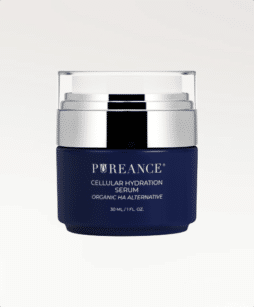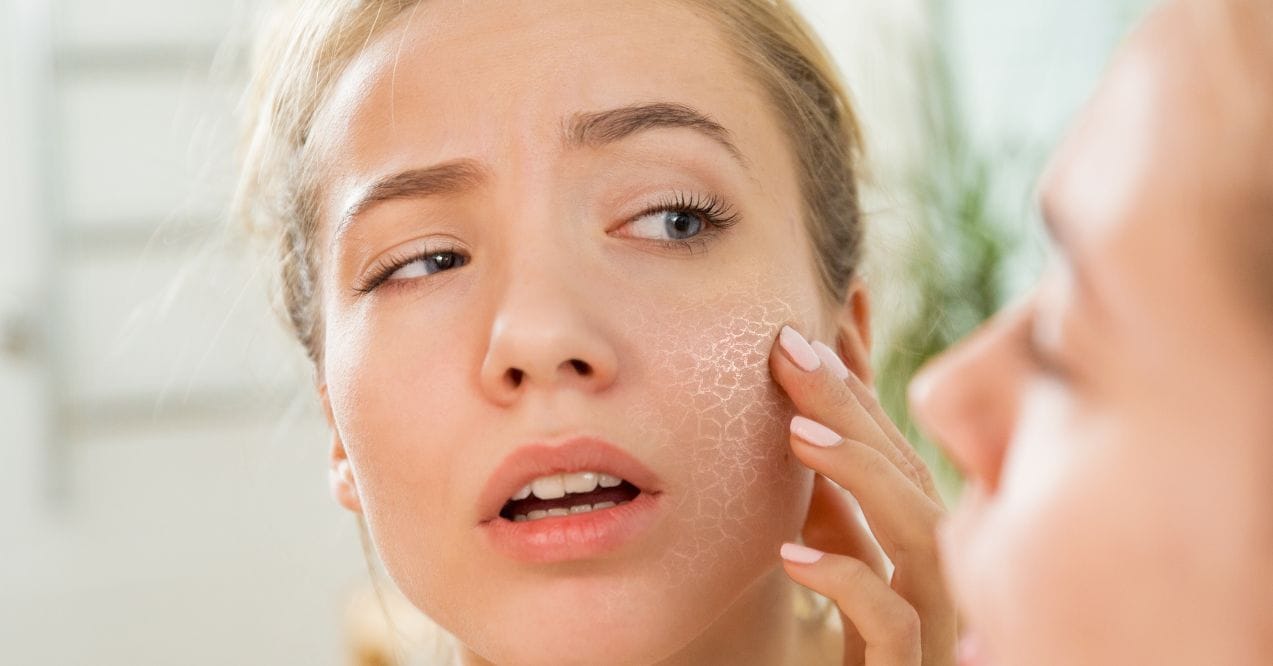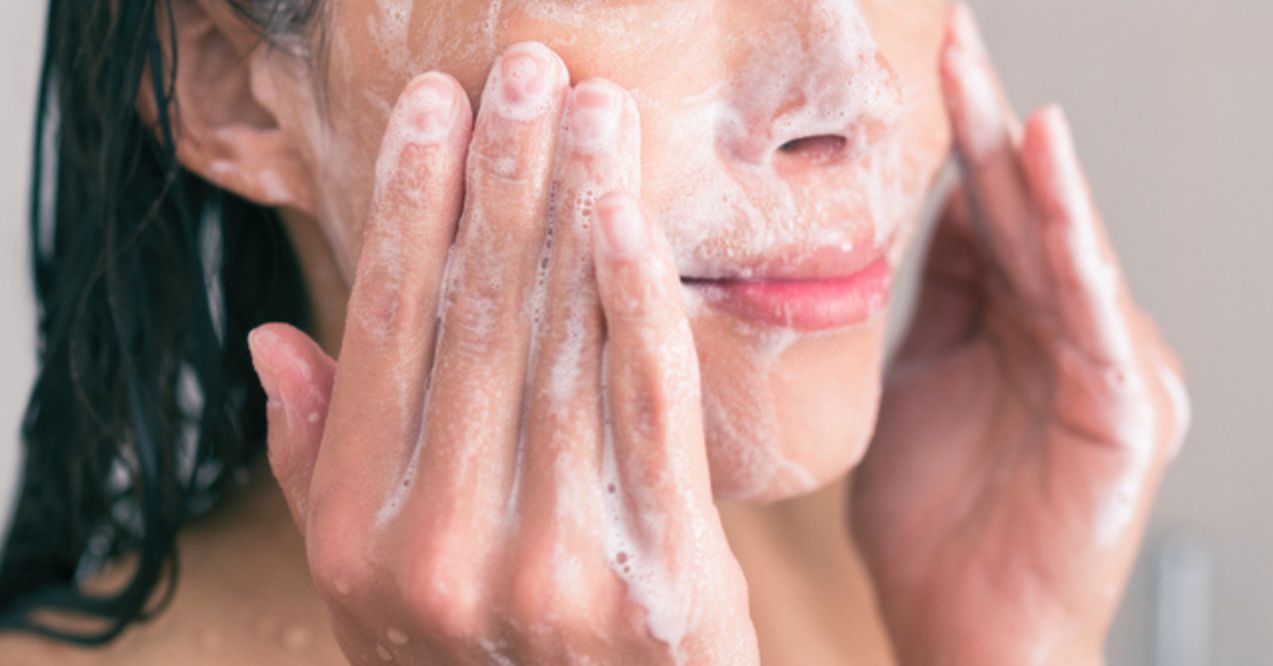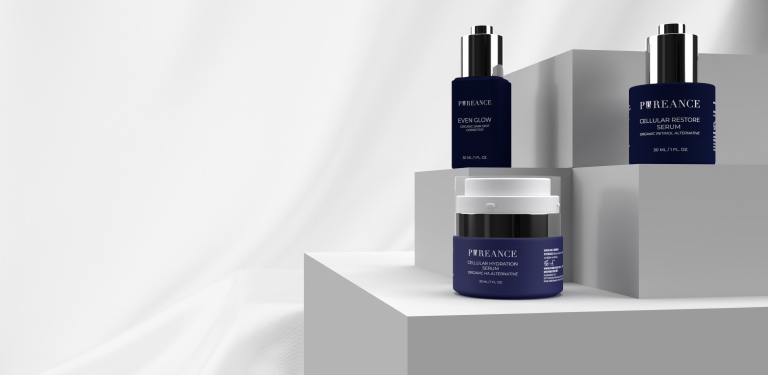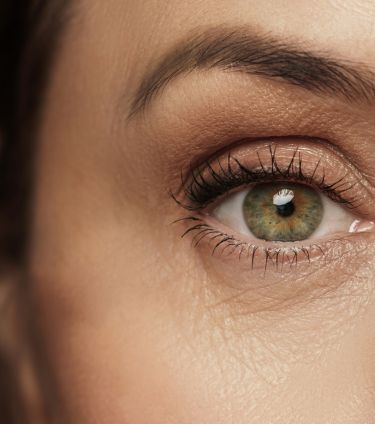
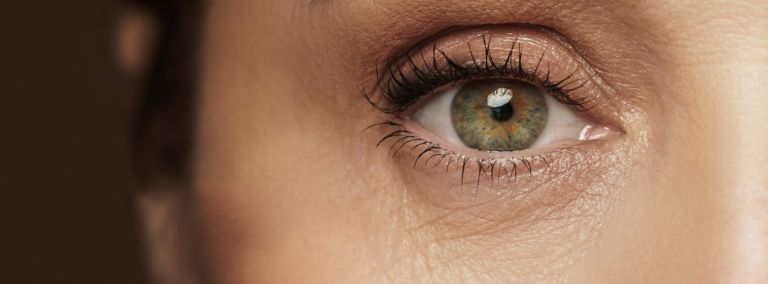

Dehydration Lines vs Wrinkles: Can You Tell Them Apart?
Understanding dehydration lines vs wrinkles is a key chapter in the book of skincare. Pinpointing their differences is not merely about looking good; it’s a vital step in creating a good skincare regimen. Besides, knowing these skin issues is half the struggle, right?
Although seemingly trivial, dehydration lines vs wrinkles take center stage when it comes to how your skin ages. Knowing which is which can be game-changing because, contrary to what you might think, they each require different skincare solutions.
This guide will help you understand why your skin may sometimes look like a dry desert while at the same time revealing your life journey through small lines. This isn’t simply about vanity — it’s about core skincare, which involves tending to and recognizing your body. So, are we ready to journey into the realm of skin wisdom?
Key Article Findings
- Dehydration lines are temporary and surface-level, caused by inadequate skin hydration, while wrinkles are deeper and permanent, often resulting from aging and sun exposure.
- Proper hydration and moisturizing can quickly alleviate dehydration lines, restoring skin’s smoothness.
- Wrinkles require more targeted treatments like retinoids, antioxidants, and sun protection to slow their progression.
- Lifestyle choices such as drinking plenty of water, maintaining a healthy diet, and avoiding smoking can help prevent both dehydration lines and wrinkles.
Understanding Skin Dehydration and Aging
Let’s break it down. Your skin is like a warrior, standing up to daily challenges. It’s at war with the sun, pollution, and the hands of time itself. Yet, here’s the thing: Keeping it hydrated can change the game entirely. Think of hydration as your skin’s secret weapon, keeping it fresh and youthful.
As we get older, our skin can’t hold water as well. This makes wrinkles and lines more likely. That’s why it’s crucial to know the difference between dehydration lines vs wrinkles. It helps you maintain radiant skin.
What Are Dehydrated Lines?
Dehydration lines on your face are occasional visitors. They appear when your skin is thirsty for hydration. Marked by fine, faint imprints, they usually disappear once your dermis is adequately moisturized.
Consider them akin to an SOS message from your skin, asking, “I’m dry. Could you hydrate me?” There’s no cause for worry, though, as they are mostly temporary. By applying a quality moisturizer, these lines can be erased, restoring your skin’s smooth appearance.
What Are Wrinkles?
Unlike dehydration lines, wrinkles are a sign of aging, a line or crease that seems to stay on your skin. When we smile, frown, or age — wrinkles appear.
Overexposure to the sun and repetitive facial expressions could be reasons why. The topic of “Does dry skin cause wrinkles” often stirs a debate. Dry skin doesn’t directly cause wrinkles, but it may make your skin more likely to develop them because of less elasticity.
Difference and Causes Between Wrinkles and Dehydration Lines
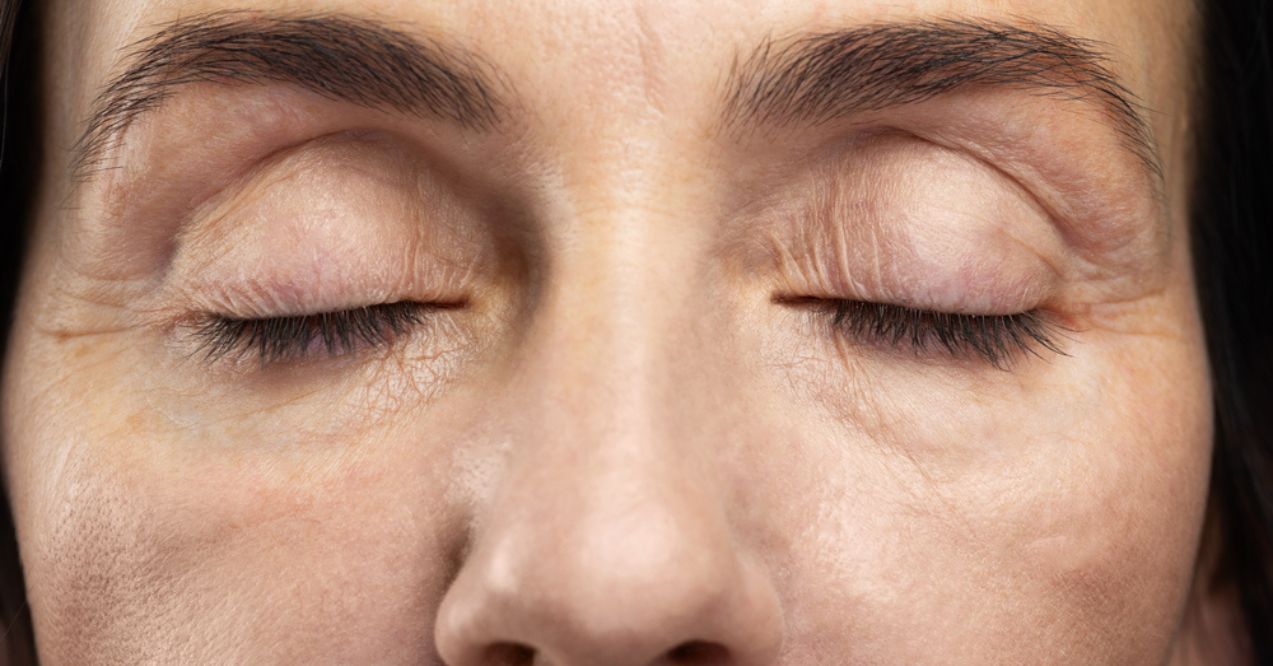
Think of our skin as a diary. It offers protection while chronicling events — laughter, worry, age. But, identifying signs of aging or dehydration can be challenging. Let’s learn the difference between wrinkles and dehydration lines and their causes. Understanding this can help you choose the right care for your skin.
Difference of Dehydration Lines and Wrinkles
Figuring out wrinkles or dehydration lines can be like distinguishing a brownie from a chocolate cake. They seem the same, but there’s a twist in the making. Look at this:
Appearance
- Dehydration lines are surface-level, appearing as minute lines during skin movements.
- Wrinkles, on the other hand, are deeper and more persistent. They remain, irrespective of facial movements.
Causes
- Dehydration lines primarily show inadequate hydration. When you’re not drinking enough water, your skin shows it.
- Wrinkles arise due to aging, sun exposure, and even genetics. As we age, our skin loses elasticity (blame it on our genes, too!).
Treatment Approaches
- For Dehydration Lines: Increase water intake and use hydrating beauty products. It’s all about providing your skin the hydration it’s begging for.
- For Wrinkles: Consider creams with retinol or peptides. And remember, apply sunscreen. These act as your skin’s own fitness coaches, helping it to remain resilient and adaptable.
Causes of Dehydration Lines and Wrinkles
Let’s delve deeper into the lifestyle and environmental causes that trigger these signs on our skin and explore how we can modify our habits for healthier, more vibrant skin.
- Insufficient Water: When plants don’t get water, they wilt. Similarly, our skin looks dull and dry without ample hydration.
- Diet: Consuming fast food, excess sugar, fewer fruits, and vegetables could result in skin losing its elasticity.
- Sun Exposure: Sunshine is great, yet too much can damage our skin. It ages faster, losing its cheerfulness.
- Smoking and Drinking: These are harmful to our skin. They suck the life out of it, causing dry skin and wrinkles.
- Inadequate Sleep: Our skin rejuvenates when we sleep. Do you often skip a good night’s sleep? Then, you might find your skin showing signs.
- Skincare Routine: Applying harsh products reduces natural oils from your skin, causing dryness. Neglecting sunscreens hurries up wrinkle formation.
Identifying Dehydration Lines and Wrinkles
Our skin evolves as we age. But wrinkles and dehydration lines, while similar, have unique origins and need different treatment methods. Let’s understand these two skin conditions so we can better care for our skin.
Signs of Dehydrated Skin
Those thin lines you thought were wrinkles might be signs of dehydrated skin! So how can you recognize them?
- Dullness: Dehydrated skin just doesn’t have the glow of well-hydrated skin. It often looks worn out and dull.
- Itchiness: When skin lacks hydration, it can feel itchy, irritated, and super tight.
- Sensitivity: Skin without enough water can react more easily, leading to redness or uncomfortable tingling.
Recognizing the Early Signs of Aging
As we get older, wrinkles tell us our skin is aging. To identify early signs, look for the following areas or characteristics.
- Crow’s Feet: As the name suggests, these small wrinkles appear around your eyes. Getting them when you laugh? They might start to stick around.
- Forehead Lines: Have you noticed a line on your forehead when dealing with difficult tasks? These lines can turn into wrinkles if they stick around long enough.
- Expression Lines: Unsurprisingly, common facial expressions can leave their mark, too! Reminds us of when we were told our faces might stay that way if we keep making faces!
How to Alleviate Dehydrated Lines?
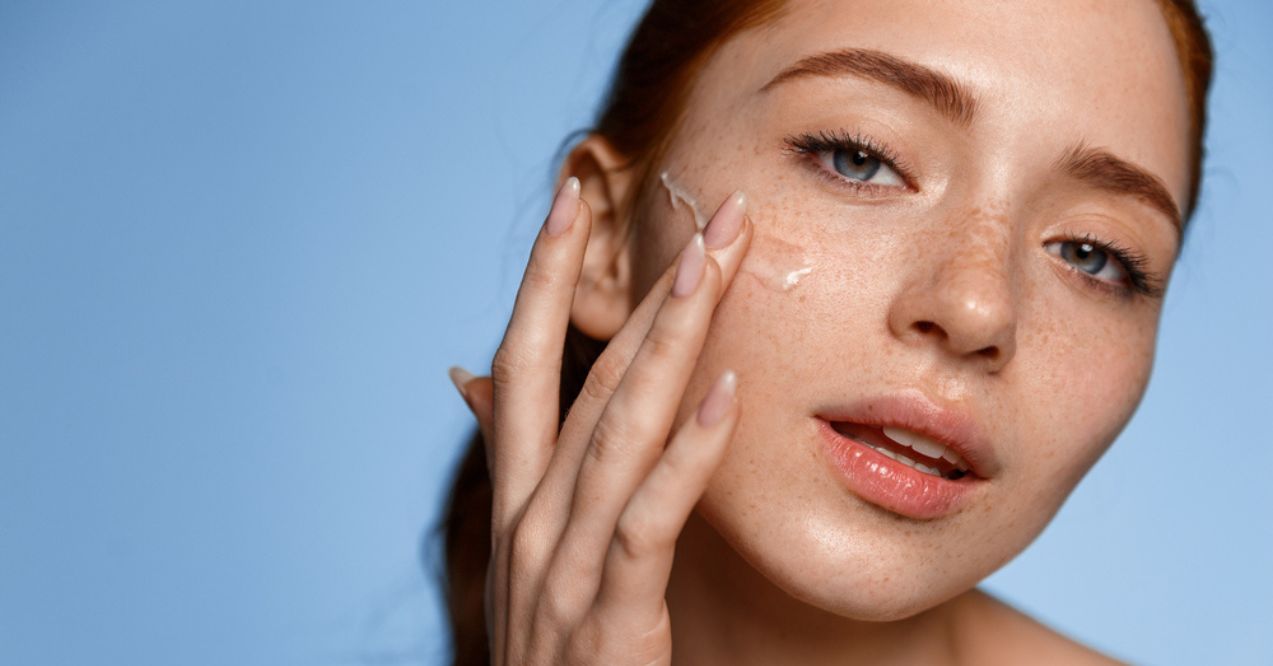
Keeping your skin from getting those pesky dehydrated lines is key to rocking a radiant, healthy glow. Good news: it’s not rocket science!
Keep Your Skin Moisturized
Moisturizing is crucial for hydrated skin. Imagine applying a nourishing moisturizer daily that gives your cells water directly. This nourishes deeply, sealing in moisture so skin stays plump, resilient, and joyful.
Say Yes to Hyaluronic Acid
Hyaluronic acid is a term that seems futuristic, yet it’s very real. This wonder ingredient works like the most efficient sponge, holding a massive amount of water. Products with hyaluronic acid give skin supreme hydration. Each molecule works hard to keep skin saturated, bouncy, and youthfully radiant.
Hydrate, Hydrate, Hydrate
Water plays a key role in skin health and hydration. Depending on the climate’s heat, health conditions, gender, activity level, and more, the average recommended amount of water per day can vary between 11.5 for females and 15.5 cups for males. Each sip travels through the body, giving vitality to cells while removing toxins. This keeps skin soft and avoids dehydration lines.
Use a Humidifier in Dry Environments
Water plays a key role in skin health and hydration. Evidence shows that drinking 8 glasses of water a day significantly improves skin hydration. Each sip travels through the body, giving vitality to cells while removing toxins. This keeps skin soft and avoids dehydration lines.
How to Alleviate Wrinkles?
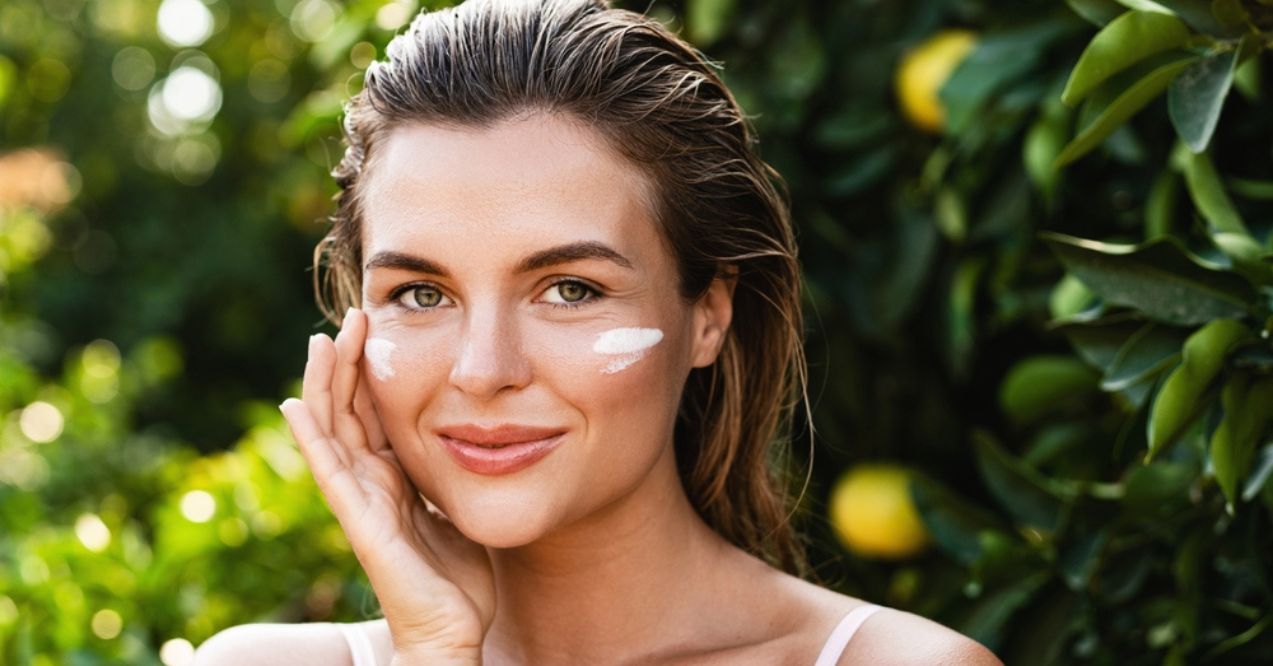
While wrinkles come with age, we can be clever and delay their arrival. Try these wise ideas to keep skin looking lively and bright.
Suit up Against the Sun
Sunscreens defend your skin from sun harm. The sun’s UV rays can damage the skin’s collagen and cause wrinkles. Use sunscreen daily with high SPF to shield your face from the sun. This easy step helps your skin’s battle against getting older.
Invite Antioxidants and Retinoids to the Party
Antioxidants help clean up the skin. Using products with antioxidants sends help. It cleans up the mess created by free radicals and protects your skin from harm.
Then, we’ve got retinoids. They encourage skin cells to act younger and renew. Using retinoid cream at night is like hiring experts to smooth lines and keep skin youthful.
Avoid Smoking
If you want good skin, skip smoking. Lighting up drops a bomb on collagen and elastin, the proteins giving skin elasticity and youth. Ditch cigarettes and your skin can breathe free from smoke’s harm.
Maintain a Vitamin-Rich Diet
Every bite acts as a secret potion for your skin. Loading up on fruits and veggies packed with vitamins fuels your body and nourishes skin from within. Your diet becomes a powerful spell for healthy, resilient skin. Vitamin C in oranges and berries, beta-carotene in carrots, and omega-3s in salmon play crucial roles in the skin’s defense against signs of aging.
Conclusion
Understanding the differences between dehydration lines and wrinkles is essential for effective skincare. Dehydration lines are temporary and easily resolved with proper hydration, while wrinkles are a more permanent sign of aging that require ongoing care.
By maintaining a well-hydrated skin barrier and adopting healthy lifestyle habits, you can minimize the appearance of both. Incorporating moisturizing products, sun protection, and a diet rich in nutrients will support your skin’s vitality, helping you maintain a youthful, radiant complexion.
Dehydration lines are fine lines that may look like tiny cracks. They often show up when your skin feels tight and dry.
Splash your skin with moisture! Drink water, use hydrating serums, and don’t skip your moisturizer. Your skin will thank you for looking plump and smooth.
Nope! They aren’t permanent. Give your skin a good dose of hydration, and watch those lines wave goodbye!
This site offers health, wellness, fitness and nutritional information and is designed for educational purposes only. You should not rely on this information as a substitute for, nor does it replace, professional medical advice, diagnosis, or treatment. If you have any concerns or questions about your health, you should always consult with a physician or other health-care professional. Do not disregard, avoid or delay obtaining medical or health related advice from your health-care professional because of something you may have read on this site. The use of any information provided on this site is solely at your own risk.
Nothing stated or posted on this site or available through any services are intended to be, and must not be taken to be, the practice of medical or counseling care. For purposes of this agreement, the practice of medicine and counseling includes, without limitation, psychiatry, psychology, psychotherapy, or providing health care treatment, instructions, diagnosis, prognosis or advice.
